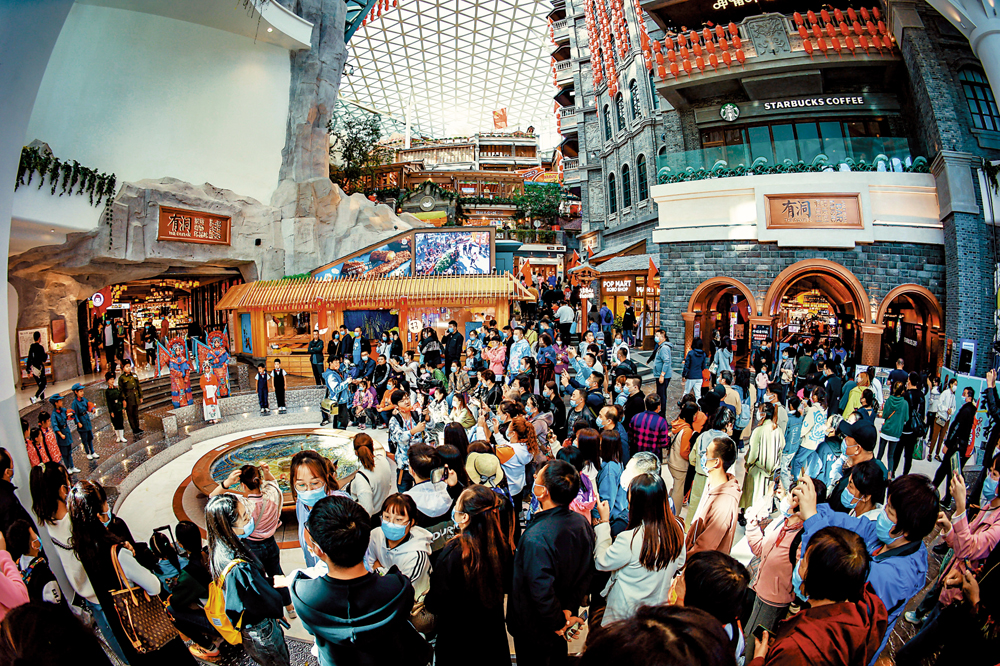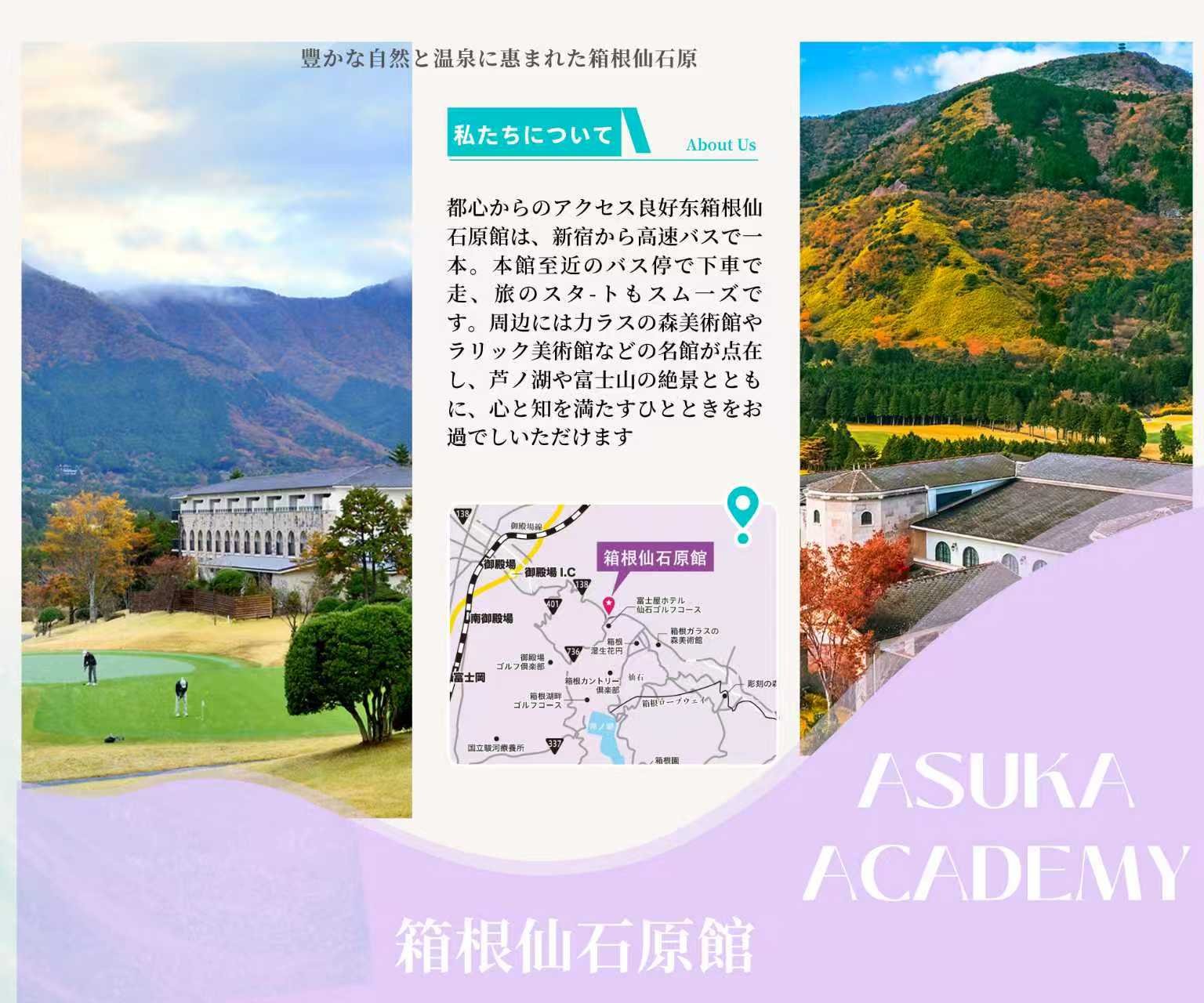The impact of the ongoing pandemic, which has lasted for over two years, on the economy has been significant, and the “restructuring” of physical commerce has been subtly progressing. In the post-pandemic era, local trends have begun to replace inter-provincial tourism, and related cultural tourism complex models are rapidly developing. The Hill commercial project on Hongqi Street in Changchun, Jilin Province, was officially included by the Ministry of Culture and Tourism as one of the first batch of national night-time cultural and tourism consumption clusters at the end of last year. This project integrates tourism, food, business, and leisure and has become a popular spot for influencers. According to Ding Zhaoyong, associate professor at the School of Economics, Jilin University, the future development of commercial complexes should focus on effective targeted model innovations based on consumers’ daily needs, deeply exploring new growth points around residents’ “eating, drinking, playing, and enjoying.”

The located at the intersection of Hongqi Street and Tongde Road, does not rely on big commercial brands to attract customers. Instead, it transforms the mall’s interior with the theme of a mountain scenic area. Multiple scenic spots are laid out within the limited space, with designs incorporating slopes and caves. Upon opening, it was rated as a 4A-level scenic spot commercial shopping center. At the end of 2021, the Ministry of Culture and Tourism released a list of the “First Batch of National Night-time Cultural and Tourism Consumption Clusters,” and the Hill was one of the 120 projects included.
In-house Inn and Cat Café
According to specialized research data, in 2021, urban commercial areas and cultural leisure districts (57.6%), cultural venues (51.1%), and surrounding urban and rural areas (48.5%) were the main cultural consumption locations. The Hill offers both dining and leisure. The shopping mall includes a cinema, bookstore, handicraft store, game hall, the first cat café in Changchun, and even an inn. The mall’s operation director, Xu Ge, explained that the building area of the mall is over 20,000 square meters, with an open-air mountain landscape design in the center, and the actual operating area is only around 8,000 square meters. In recent months, from late June to the entire month of July, daily sales have reached approximately 1.5 million yuan (RMB). As the mall does not feature luxury fashion, bags, or luggage, most of the products are snacks and small items, resulting in a very low average price per customer, between 10 and 30 yuan. Xu Ge said, “We can say that our high sales come from selling bowls of spicy hotpot.”
Around 2008, shopping malls began transitioning to commercial complexes. With the emergence of various e-commerce platforms, offline commercial entities have been greatly impacted. In recent years, the repeated waves of the pandemic have further exacerbated the pressure on offline commercial entities. “A few years ago, we could barely cope with the impact of e-commerce; we couldn’t make a lot of money, but we wouldn’t lose money. But this year, due to the pandemic, we were closed for two months, still having to pay rent, and now with the pandemic not over, we are still under restrictions, and business has not returned to normal. Such foot traffic has already led to losses, and we don’t know how long this situation will last,” said one business owner. Many stores are now closing or transferring ownership due to the combined impact of e-commerce and the pandemic.
The Possibility of Hosting Special Early and Night Markets
Nie Qianqian, a locally well-known travel blogger, told reporters that there are many creative stores inside the Hill and the most attractive one to her is the “Wen Chan Ting” (Frog-Wishing Pavilion). Inside, you can buy three “gold coins” for 10 yuan and throw them onto different parts of a golden frog statue, each of which has a different meaning. If your “gold coin” lands on the bell in the frog’s mouth and it rings, your wish will come true. Xu Ge mentioned that “Wen Chan Ting” only charges from Friday to Sunday, and this single attraction can earn 8,000 to 10,000 yuan a day.
Ding Zhaoyong proposed that commercial complexes seeking breakthroughs should first highlight the consumption characteristics of their surrounding communities and meet the daily needs of consumers. For example, they can open special morning markets to tap into the consumption potential of middle-aged and older consumers, or host special night markets to create a colorful night-time economy to attract and meet the consumption needs of younger groups. At the same time, they should accelerate the use of new technologies to empower traditional commerce. Large, comprehensive theme complexes should develop “meta-commerce” to activate consumption through immersive experiences more suited to the preferences of young people. Additionally, they could introduce innovative creative functions, such as adding unique cultural and creative products to fast-moving consumer goods areas, offering customized design services in clothing sections, or adding interactive consumer participation in entertainment areas.




